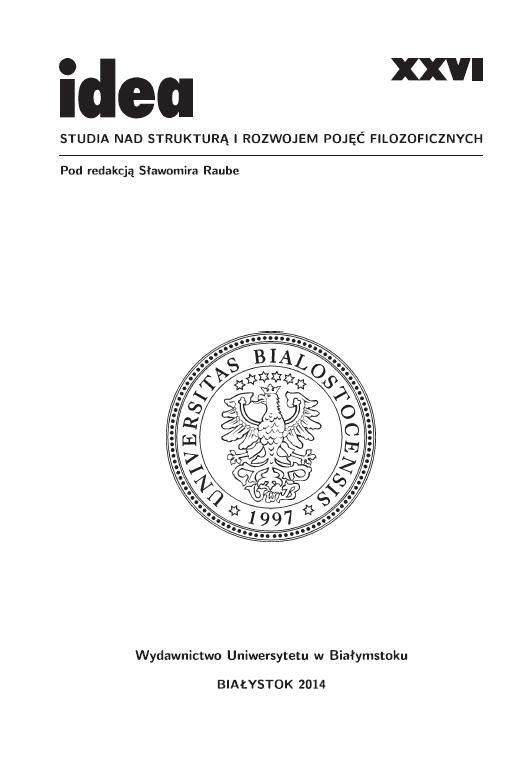Immanuel Kant i ontologiczny dowód na istnienie Boga
Immanuel Kant and the ontological demonstration of God’s existence
Author(s): Jacek SurzynSubject(s): Philosophy, History of Philosophy
Published by: Wydawnictwo Uniwersytetu w Białymstoku
Keywords: God; ontological proof; pure reason; a priori idea
Summary/Abstract: This article discusses the critical position of Immanuel Kant towards the tradition of so called ontological proof of God’s existence. Kant treats the proof sceptically – he is convinced that any proof of God’s existence is impossible. However, Kant accepts the concept of God as the idea of pure reason, i.e. a sum of total positive “properties” and the ideal of pure reason. This ideal – an unconditional possibility of all – has a positive sense, but only as a formal concept. The ideal of pure reason – God is not something existing in reality, but it is only a postulate of pure reason and an a priori source idea. According to Kant, any attempt at finding a proof of real existence of this ideal (and in consequence of God’s real existence) makes no sense because it has no “objective” content and this ideal is only a formal condition of transcendental knowledge.
Journal: Idea. Studia nad strukturą i rozwojem pojęć filozoficznych
- Issue Year: 2014
- Issue No: XXVI
- Page Range: 77-96
- Page Count: 20
- Language: Polish

